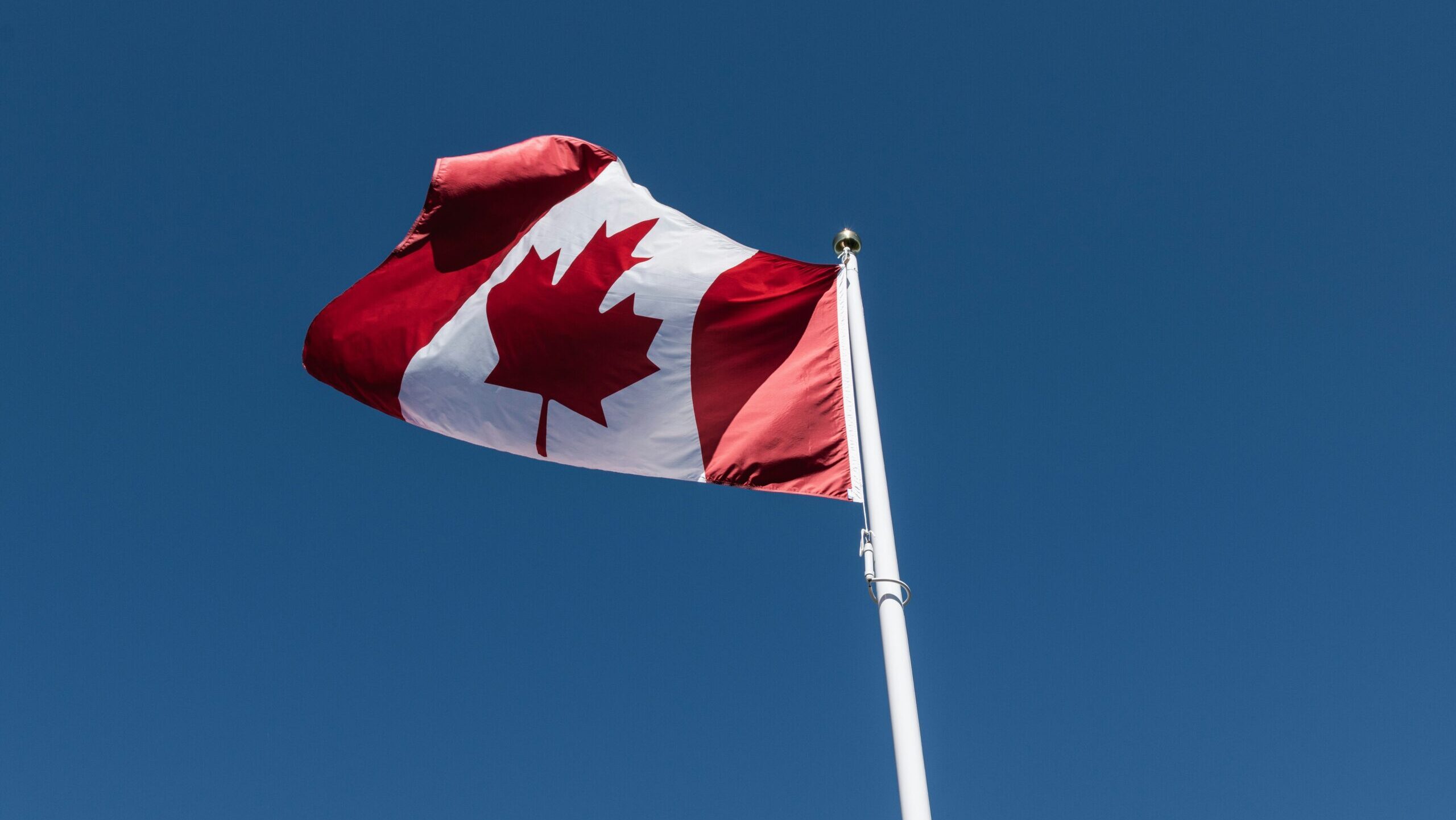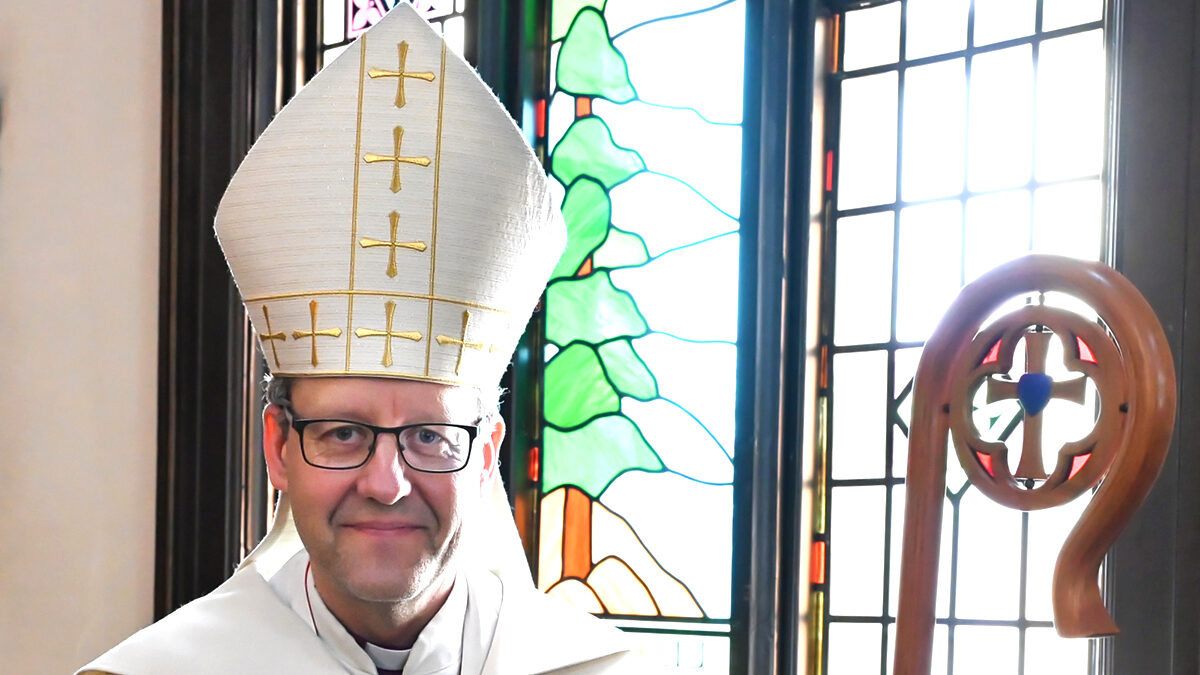The presidential elections this spring were not without complications – still picayune considering the outcome – but in some eyes, trendsetting. In 2000 only some 2% of the Russian population had broad-band internet connections. That's grown to 50%. It's clear that electronic social networking gave a enormous boost to mustering tens of thousands of protesters who had fundamental change as their goal.
The political awakening of Russia's middle-class gained momentum faster than expected.
Russian sociologists claim that some 40% of Moscow's population could be labeled as middle-class. In other large cities it measures some one third of the residents. These are formidable voting blocs whose demands eventually cannot be ignored.
Changes in easing the bureaucratic obstacles for registering new political parties at first seems to indicate a shift towards democratization of the electoral process. Cynics however suggest it's a clever maneuver to fragment the opposition.
How the possibility of a thaw domestically may influence Moscow's international stance is an issue fraught with unpredictability. Many observers see Moscow targeting the South Caucasus, Ukraine and to a certain extent the Baltic states for special attention. Amongst other realities is the deployment of a modern S400-Triumf air-defense system in the Kaliningrad oblast that has the capacity to challenge NATO-s air-defense capability.
For those who urge Estonians to remain vigilant against a militaristic Russia, then Moscow repeats a familiar tactic. To soothe apprehensive neighbours it uses the credibility of individuals like Igor Korottsenko, editor-in-chief of Natsionalnaja Oborona and a recognized military expert, to speak at a meetings such as the Russian language media club Impressum in Estonia. “I can assure you that Russia intends no aggression towards the Baltic states,” he stressed. The massive upgrading of ballistic and maritime technology in the Baltic region is purely a defensive measure he insists.
Estonian-Russian trade also has a bearing on the evolvement of mutual relations. A gradual increase in trade (visible especially in transit and tourism) are confidence building in themselves to a certain extent. With Russia joining the World Trade Organizations, many foresee Russia re-evaluating its use of targeted trade restrictions. In fact the WTO agreement demands that member countries cannot isolate a co-member for harsh economic treatment. However, this does not include non-formal “sanctions”, like imposing a quota of cargo trains destined for transit through Estonia.
It's been said that history for Putin is still the history as taught during the Soviet era. At a press conference some years ago, in an answer to a questioning Estonian journalist, Putin vehemently defended the necessity and legitimacy of the 1939 Molotov-Ribbentrop Pact, which made Moscow and Berlin partners in initiating the war and dividing up central and eastern Europe. His convoluted answer totally rejected the notion of the occupation of the Baltic states, because Germany in actuality “had given that territory back to the Soviet Union in 1939”. Those who insist that Putin's personal interpretation of historical events surely has no bearing on his formulation of modern foreign policy must remember his obsession with the loss of empire. “The greatest catastrophe of the 20th century was the collapse of the Soviet Union.” That observation was not made mournfully but with vengeance. Such statements are an attack on memory, the cornerstone of a civilized society
It's often been said that Putin's special antipathy toward Estonia is rooted in a personal grievance. Ostensibly his father was betrayed by Estonians during the war. As an NKVD destruction and sabotage battalion member who was sent behind enemy lines on Estonian territory, he was part of a group who ran out of food while hiding. Estonians brought them food but eventually gave them up to the Germans. Putin's father survived to fight again near Leningrad, was wounded and saved. For Putin's father the war symbolized abysmal betrayal and unswerving loyalty.
Many are convinced that history still provides a significant reference point for Putin's international proclivities. Oftentimes Putin's aggressive posturing towards the Baltic states is meant for domestic consumption. It would be pointless to always react to Putin's pet peeves – the ‘heroization' of fascism in the Baltic states and the treatment of the Russian minority in Estonia and Latvia. And one shouldn't lose any sleep over the annual Russian public poll that always places at least Estonia or Latvia among the first five most hated foreign countries.
Putin's oftentimes unnerving pronouncements may be unpredictable. But is his invective bluster or genuinely free from pretence?
Laas Leivat




